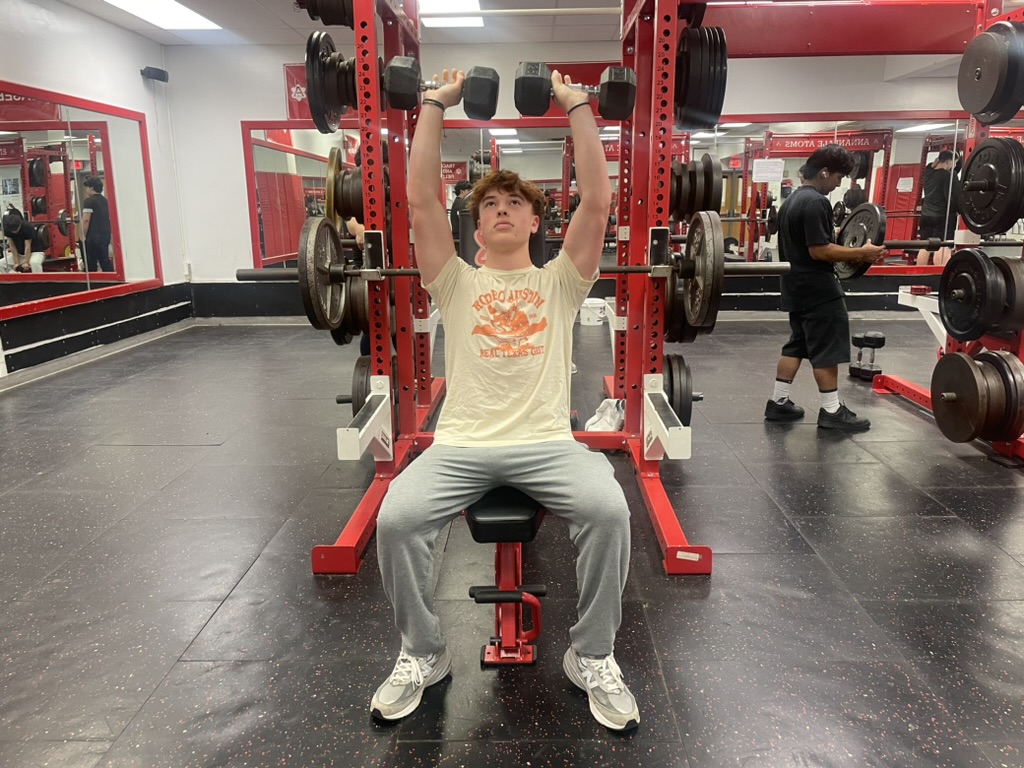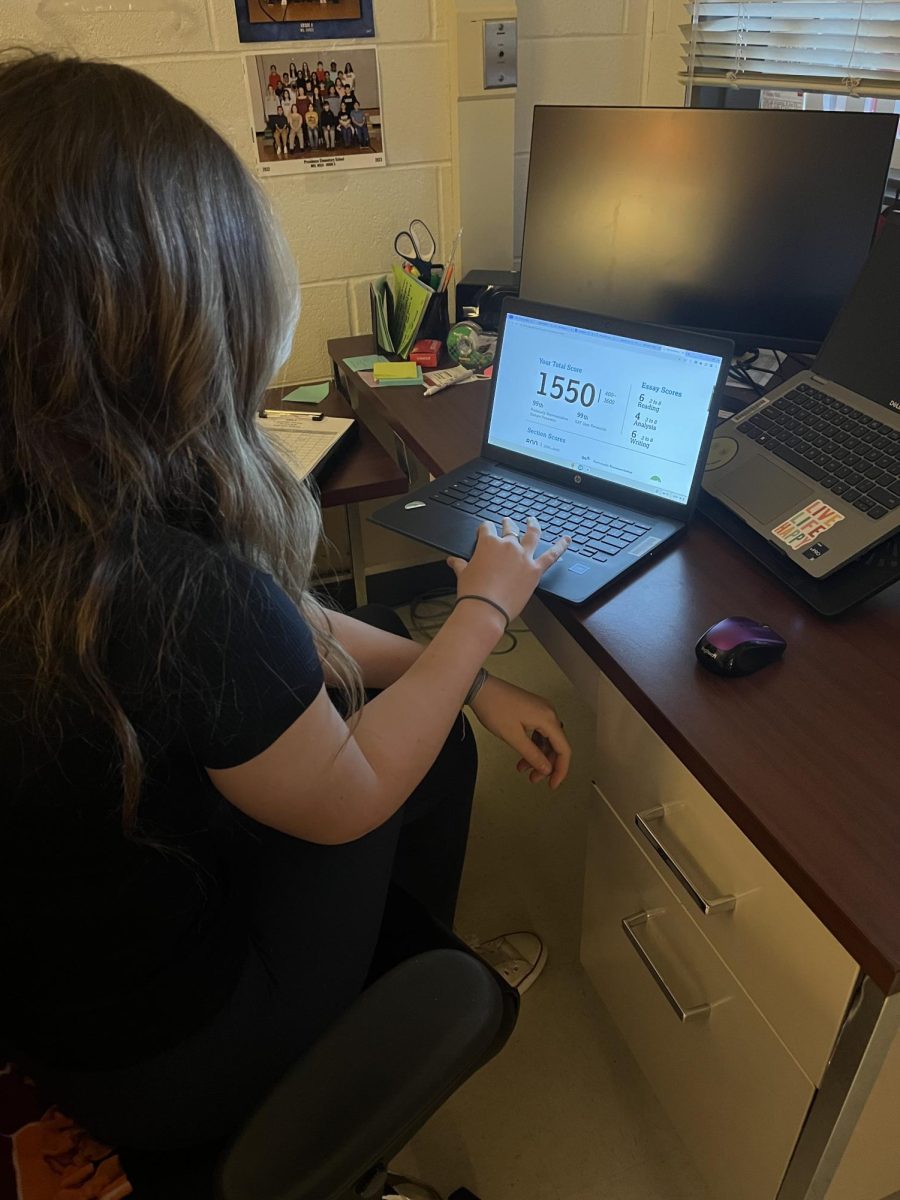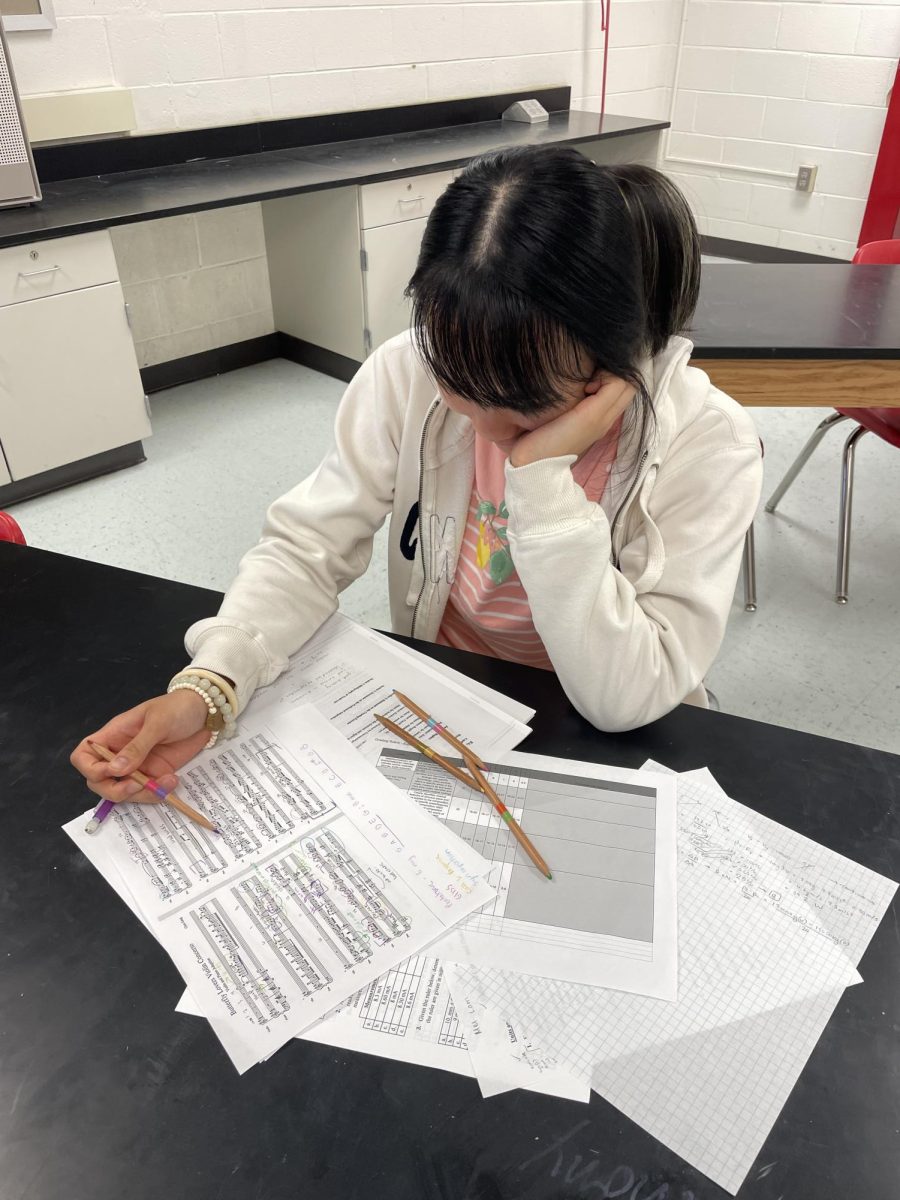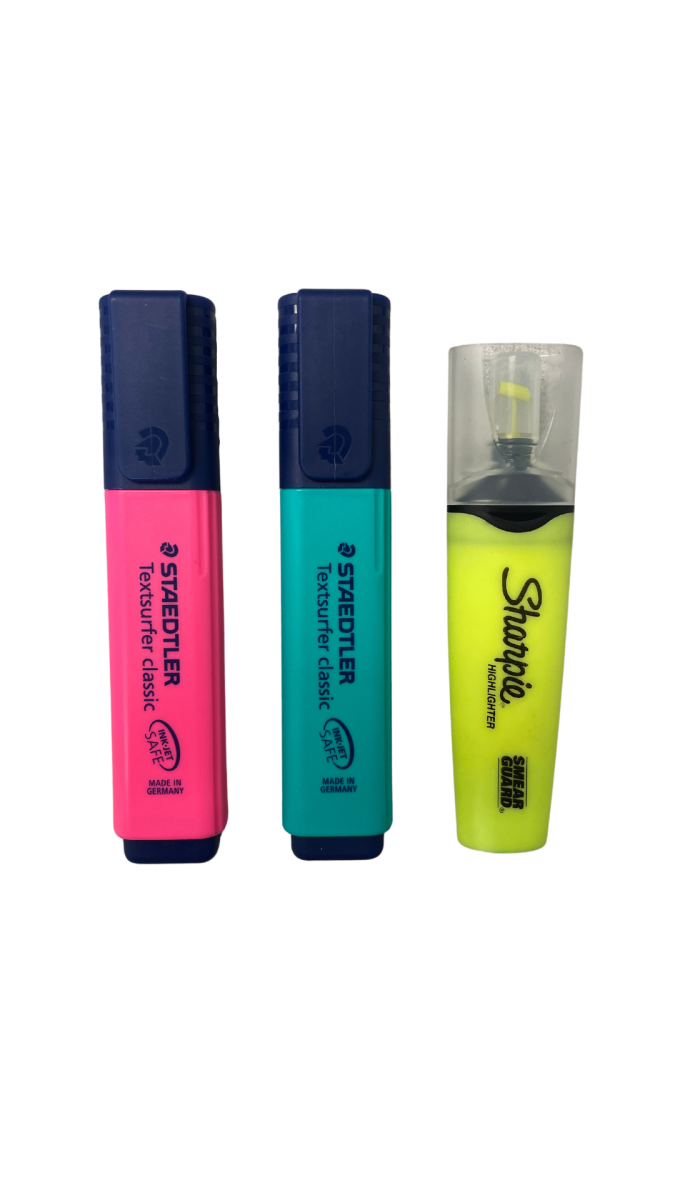 What is truth? As human beings and students, we search for this precarious concept in our lives through means such as our favorite magazines or websites.
What is truth? As human beings and students, we search for this precarious concept in our lives through means such as our favorite magazines or websites.
Undoubtedly, many people and AHS students are guilty of looking at an article in their favorite magazine or on their favorite website and take all that they read as the truth.
Demos, a British political think tank, has begun to inform students and the general public that the world’s youth is being misinformed by sources on the Internet by reporting the conspiracy theories it finds online.
“. . . Although there are more e-books, trustworthy journalism, niche expertise and accurate facts at our fingertips than ever before, there is an equal measure of mistakes, half-truths, propaganda, misinformation and general nonsense,” Demos said on its website.
Although Demos is working across the Atlantic ocean, their purpose is not alien to AHS. Teachers repeatedly tell students their disdain for websites like Wikipedia, and the school often struggles with teaching students digital fluency.
The Internet is not always the only bringer of false facts, however.
In 2010, the fourth grade level Virginia history textbook, “Our Virginia: Past and Present”, was cited by historians across the nation as containing various inaccuracies such as “[t]housands of Southern blacks fought in the Confederate ranks, including two black battalions under the command of Stonewall Jackson”.
What defines “trustworthy journalism” and “accurate facts” from “propaganda” and “general nonsense”?
Both AHS librarians agree that sources should be dissected no matter where they come from.
“Having many sources of information and evaluating the information there is very important for students,” librarian Janet Pfeiffer said.
“Access to information is good, but you should question where it comes from. It’s up to us to find the truth,” librarian Dawn Wicklund added.
The current educational system of regurgitation and standardized testing, including SOLs, can be considered detrimental to obtaining information and learning in general. Students learn facts presented by their teachers and “official” sources of information, mainly regurgitating their knowledge on multiple choice tests.
How does this impact students psychologically? Choices alternative to the correct answer as defined by the state are deemed false in the minds of students.
“Compared to other states, the Virginia World History curriculum is myopic and tends to portray certain cultures as ‘better’ than others [based on graduate research done at GWU]. We must question what impact spending all our time covering material on certain civilizations and practically ignoring others has on our students sense of what is right and important,” history and psychology teacher Katie Gould said. “All cultures have important lessons we can learn history from. The information we can learn from the ‘losers’ of history can be just or even more important than what the ‘winners’ decide to tell us.”
Gould is a supporter of critical pedagogy, the education philosophy of an egalitarian classroom where everything is put on the table and students and teachers see each others’ opinions as equals.
“It’s okay to think differently,” math teacher Lottie Ligon-Thomas said. “Although people may come up with different ways to do things, they eventually get to the same answer [concerning math].”
Gould also continued to describe how the “truth” is sometimes defined by what is not stated, rather than what is stated.
This raises the fact that even though the Internet may be full of inconsistencies and false claims, the problem does not lie with the Internet itself.
“Knowledge is our creation. One of the most important skills we can help students develop is evaluating information,” history teacher Tim Kelly said.
Junior Alvin Chan is guilty of using the Internet to answer homework questions when he needs more information.
“We need to use the Internet because teachers don’t always teach us what we need to know.” Chan said.
The problem lies with students not being able to critically think and examine what they read, see and absorb into their molding minds. Logically, if students have the skills of critical evaluation and seek proof through processes such as the scientific method, no source or type of information should be held back.
“Limiting knowledge is dangerous,” Gould said.
By K.L. Hoang







